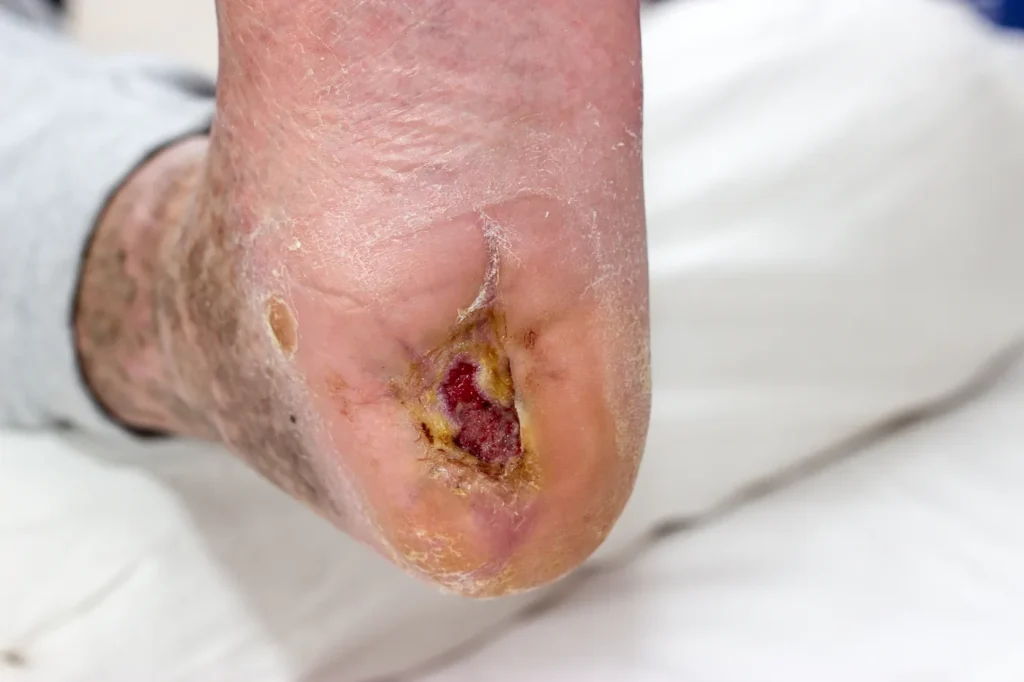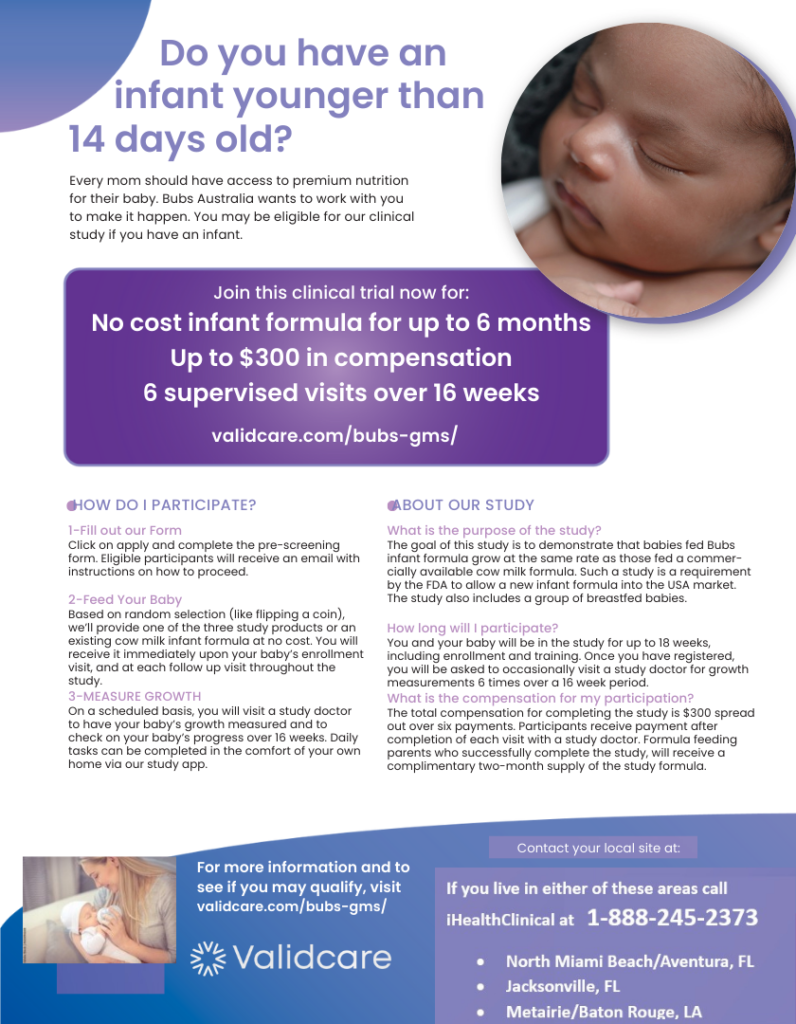They Not Like Us’: How Black Folks Can
Jul 07, 2025The Buzz on Bees: Clinical Research and the
Jul 07, 2025Breaking the Silence: Why Mental Health Is Still
Jul 07, 2025How Volunteering Can Be Your Gateway to a
Mar 27, 2025The Transformative Role of AI in Clinical Trials
Mar 22, 2025Navigating Greek Life in College with Type 1
Jan 15, 2025How Volunteering Can Be Your Gateway to a Career in Clinical Research
- Neeba Wilson
- 7 Minutes Read Time
Taking the switch to clinical research can be rewarding as well as daunting. Getting into clinical research can be tough. Many positions require experience, but it’s hard to get experience without a job. This catch-22 leaves many aspiring researchers feeling stuck. Finding a way to obtain hands-on experience is essential for achieving your goals, whatever your background may be, whether you’re completely new to the profession or coming from another field or career. Volunteering is one of the best ways to get involved in the clinical research field. In-depth knowledge of the inside secrets of clinical trials, networking opportunities, and invaluable experience can all be supplied by these roles. Here are some ways to begin using volunteer possibilities in clinical research, along with guidance on how to network and discover ideal volunteer opportunities.
Why Volunteer in Clinical Research
Clinical research, involving testing new drugs, treatments, and medical devices, in order to ensure they are safe and effective for use by everyone, is a vital component of healthcare. Volunteering provides the ideal chance for anyone desiring to work in this field to earn experience while learning how to get the most of data management, clinical trials, and compliance with laws and regulations.
Volunteering is an excellent way to enter the industry for the following reasons:
Understanding clinical research and building knowledge.
You will be exposed to essential elements of clinical research, which may include patient recruiting, collecting data, and monitoring compliance, even as a volunteer. Volunteering lets you see how studies work from the inside. You’ll learn about protocols – the detailed plans that guide each study. This hands-on experience is invaluable. Ethics are crucial in research. As a volunteer, you’ll see how researchers protect participants’ rights and ensure studies are conducted safely and fairly. Research is heavily regulated to keep participants safe. Volunteering exposes you to these rules and how they’re applied in real studies. Study coordinators manage the day-to-day running of clinical trials. Volunteering often involves supporting them, giving you a ground-level view of research operations. Accurate data is the foundation of good research. Volunteers often help with data entry and checking data quality, building crucial skills.
Developing essential skills for clinical researchWorking with study participants and team members helps build these crucial soft skills. You’ll learn how to explain complex ideas simply and work effectively in a team. Clinical studies run on tight schedules. Volunteering teaches you to juggle tasks, meet deadlines, and stay organized under pressure. Many volunteer roles involve collecting or managing data. This hands-on experience with research data is highly valued by employers. You will acquire competencies that are in great demand for within the clinical research field, including communication, data analysis, and project management.
Networking Opportunities in Volunteer Roles
Joining in volunteer work presents you to possibilities for a professional network. Volunteering puts you in direct contact with people already working in the field. These connections can be invaluable for your future career. Interacting with participants gives you insight into the patient experience. This perspective is crucial for conducting patient-centered research. Many volunteers get opportunities to attend research conferences or join professional groups. These opportunities can open doors to learning and networking.
How to Find Volunteer Opportunities in Clinical Research
It can sometimes be difficult to come across volunteer positions for clinical research, especially if you’re just starting out. Some of these approaches listed below are effective for spotting volunteer opportunities:
Take advantage of Networking on LinkedIn
One of the best options for networking in the clinical research community is LinkedIn. To keep up with job vacancies and industry news, follow clinical research organizations, firms, and thought leaders.
Improve your profile
Make sure your passion in clinical research and any relevant experience, even if it stems from your degree or other related fields, are highlighted on your LinkedIn profile. To help recruiters find your profile, include keywords such as “clinical trials,” “Good Clinical Practice (GCP),” and “clinical operations.”
Build Connections with Industry Professionals
Engage with clinical research experts like research managers, clinical research associates, and clinical research coordinators (CRCs). Make an introduction, speak of your keen interest in clinical research, and check about any volunteer opportunities or guidance that might be available.
Participate in Clinical Research Groups
LinkedIn offers several groups devoted to conversations about clinical research. By joining these communities you can obtain industry updates as well as volunteer or employment opportunities as shared by group members.
Target Small Local Sites or CROs (Contract Research Organization
Although big pharmaceutical firms tend to receive the most attention, small local clinical research sites and Contract Research Organizations (CROs) can provide excellent volunteer opportunities. Such organizations may be more flexible about accepting volunteers who can help with daily operations because they frequently have fewer resources. Local clinical research sites frequently require additional personnel to carry out clinical trials for pharmaceutical corporations. To learn more about volunteer opportunities, visit their websites or give their offices a call to indicate your interest in assisting with the site operations. CROs are specialized corporations that oversee clinical trials for biotech and pharmaceutical businesses. For individuals who are just starting out, these organizations can be a real assets of volunteer possibilities.
Check Out Nonprofit Organizations and Academic Institutions
Some nonprofit organizations, hospitals, and academic institutions offer volunteer programs focused on clinical research. Universities with clinical research programs often have opportunities for students or volunteers to assist with studies or trials. Nonprofits involved in medical research (like those focused on cancer or rare diseases) may also offer volunteer roles to support their clinical trials.
Utilize Job Boards and Clinical Research Websites
There are many online platforms that specialize in clinical research job listings and volunteer opportunities. Websites such as Indeed, Glassdoor, and SimplyHired may list volunteer roles for clinical trials. Additionally, clinical research-specific platforms like ACRP (Association of Clinical Research Professionals) or SOCRA (Society of Clinical Research Associates) often post volunteer opportunities as well.
Tap into Your Existing Network
Sometimes, the best opportunities come through people you already know. Let your friends, family, and professional contacts know that you’re looking for volunteer work in clinical research. Word-of-mouth referrals can often lead to hidden opportunities that aren’t publicly advertised.
Transitioning from Volunteer to Paid Positions
With volunteer experience, you’ll be better equipped to spot and apply for entry-level research jobs. You’ll know what to look for and what skills to highlight. Your volunteer work gives you concrete examples to discuss in interviews. You can show how you’ve already contributed to real research projects. Volunteering often highlights areas where you need more knowledge. This can guide your choices for further education or certifications.
Overcoming Challenges and Maximizing Volunteer Impact
Volunteering while working or studying can be challenging. It’s important to manage your time well and communicate clearly about your availability. Don’t be afraid to ask for advice from the researchers you work with. Many are happy to mentor enthusiastic volunteers. Show that you’re eager to learn and contribute. Ask questions, offer to help with extra tasks, and always do your best work.
Final Thoughts: How to Succeed in Clinical Research
Clinical research volunteer work provides practical experience, possibilities for skill development, networking, and a route to paid employment. It takes time and effort to get started in clinical research. Continue to study and develop while being dedicated to your goal. You can maximize your volunteer experience and position yourself for a successful profession in clinical research by using LinkedIn, focusing on small local research sites or CROs, going to industry events, and actively networking. Don’t hesitate if you want to work in clinical research. Look for volunteer opportunities in your area and take that first step today.
Neeba Wilson is an award winning clinical research professional who is passionate about the clinical research and pharmaceutical industries. She is the current President of Clinical Research Referral Club and she also is a Clinical Operations Support Specialist for Cornerstone Clinical Research Services. With a Master’s degree in Biotechnology and Graduate Certification in Clinical Research, Neeba brings over a decade of experience in research, pharmaceuticals, and life sciences. Her expertise includes training and expertise in Good Clinical Practice (GCP), Good Laboratory Practice (GLP), and Good Manufacturing Practice (GMP), along with robust skills in project management, quality control (QC), and quality assurance (QA). She also has experience as a scientific writer.

















